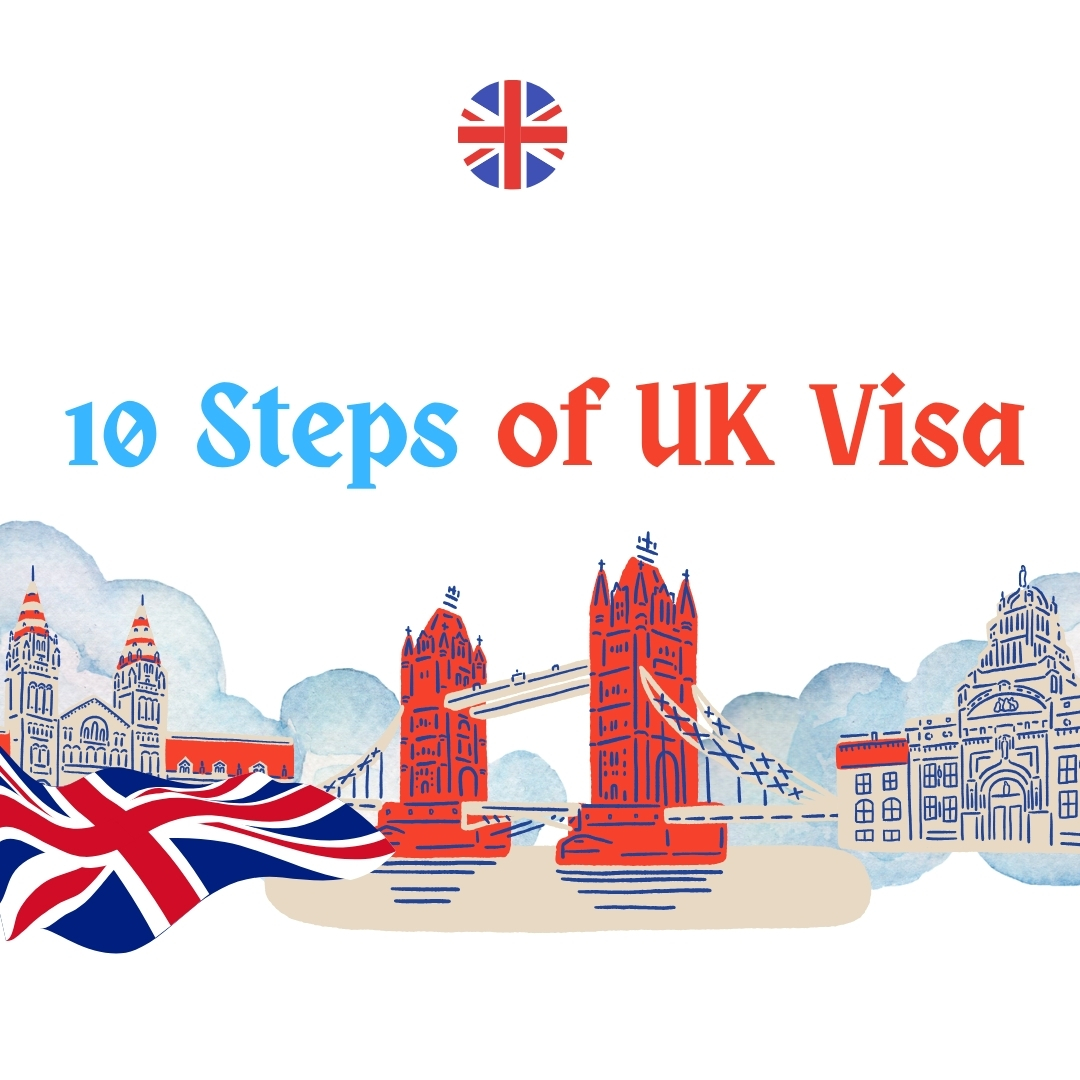Visa Journey in the UK starts long before you reach your university. Knowledge of the UK student visa application procedure is crucial for overseas candidates.
Obtaining an unconditional offer from a UK university that is a licensed sponsor for international students is the first step. If you accept, the university will mail you the Confirmation of Acceptance for Studies (CAS), a crucial document. Applications for visas may require a unique identification number, which can be found in this paperwork.
Things International Applicants Need to Know
It is recommended that international applicants interested in pursuing their studies in the United Kingdom be familiar with the visa requirements. This encompasses the significance of submitting the requisite academic papers and demonstrating abilities in the English language.
1. A valid passport
A current passport or other valid form of identification for travel is essential. It must contain two blank pages and be valid for at least three months after your visit.
2. Choosing where to study
This is an official site that provides full details on UK university courses. This site enables you to objectively evaluate classes based on key criteria, including cost and student satisfaction. Although the wide range of choices might appear daunting, using such a resource to guide judgments is vital.
3. Accept an Offer from a UK University
UK universities require students to log in to their UCAS account and select their "Firm Acceptance" (first-choice institution) and, optionally, an "Insurance Acceptance" (backup alternative) to accept an offer.
Your spot is secured with a transparent offer. You must fulfill the conditions outlined in the offer letter to confirm your eligibility if the offer is conditional.
4. Proof of English-speaking proficiency
There are numerous recognized ways in the UK to demonstrate English language proficiency; therefore, it may be worthwhile to explore these options. Taking Secure English Language Tests (IELTS), including the IELTS, is a generally agreed-upon method.
Moreover, they came from the United Kingdom. Qualifications, including GCSEs, A levels, or Scottish National Qualifications in English, can be used as legitimate proof. Furthermore, having the subject studied or researched in English is regarded as acceptable evidence.
5. Getting a student visa
If you live outside Switzerland or the European Economic Area (EEA), receiving a Tier 4 visa will be essential for studying in the UK for more than six months. This page provides details about temporary visas for students interested in study periods of less than six months.
6. A CAS Letter
The CAS (Confirmation of Acceptance for Studies) from your UK university is the most crucial document. It's your official admission proof that the visa officers check first. Without this, your application won't be processed.
7. Find accommodation
After the clearance of your university and visa applications, you may be experiencing a mixture of enthusiasm and even a bit of impatience about finding a place to live. It makes it affordable! From private flats to friendly shared dorms and university halls, the UK offers a vast array of accommodation options for students.
Take some time to explore these options; a suitable residence is just waiting for you to make your university life even more enjoyable.
8. Proof of financial support
Applicants can submit different types of documentation to show financial support in the UK. This type of documentation includes bank statements, letters from banks, or letters from official financial sponsors. These documents should demonstrate that the applicant has sufficient funds to cover their expenses during their stay in the UK, usually for the duration of their visa.
9. Tuberculosis test results
In the UK, tuberculosis (TB) tests are mandatory for specific visa applications, including student visas, and for individuals who have been outside the UK for a particular duration.
To obtain a TB test certificate, applicants must undergo a TB test at an approved clinic and secure the certificate within six months before submitting their visa application.
10. Fees and funding
In the UK, domestic and international students look at university fees and finance differently. Residential students should take advantage of student loans and potential scholarships, which can help finance both tuition costs and living expenses.
On the other hand, overseas students often rely on grants, scholarships, and personal savings to support their educational goals, as they typically face higher tuition fees.
Overall, securing your UK A student visa marks the beginning of an exciting journey, not its end. This challenging journey equips you with valuable resilience and skills that enhance your academic and cultural experience. The visa serves as your initial key.
However, your engagement and adaptability will unlock the full potential of your experience in the UK. Embrace the challenges, immerse yourself in the culture, and build lasting connections. Your transition from obtaining a visa to university life reflects your ambition and determination. Welcome to the UK for a fulfilling and transformative journey.
